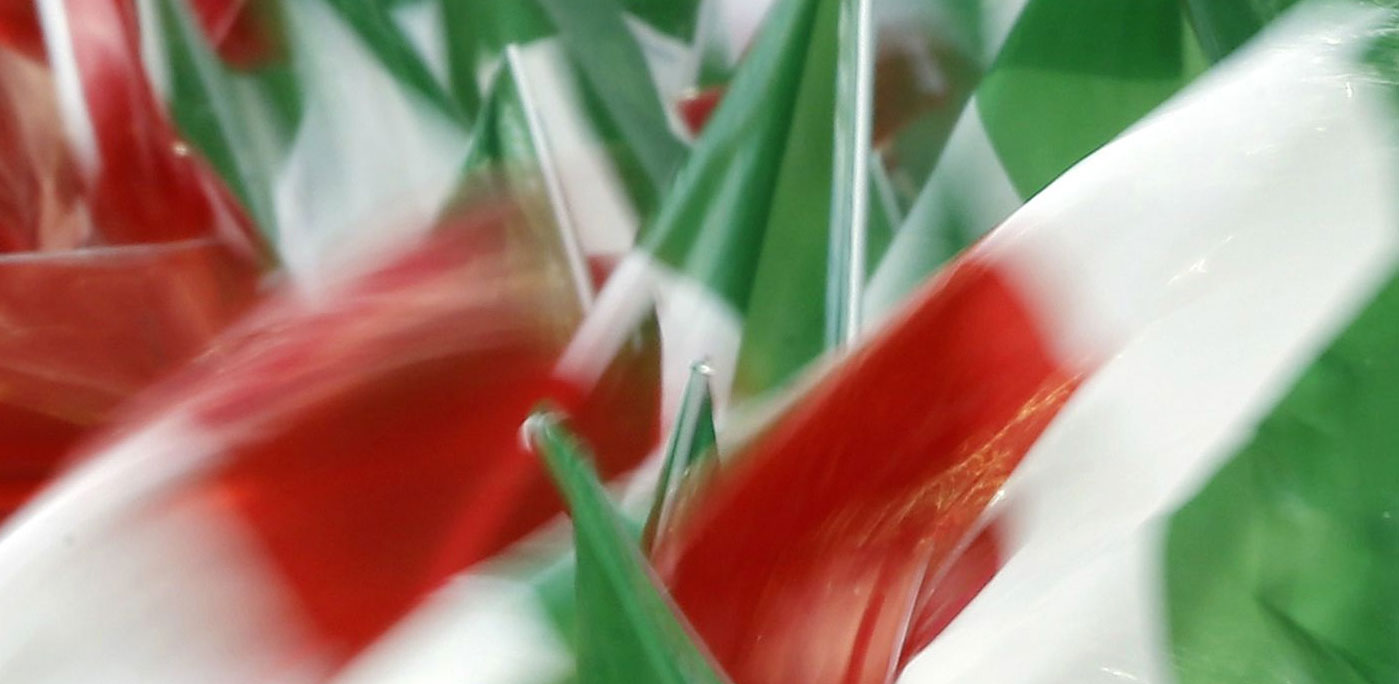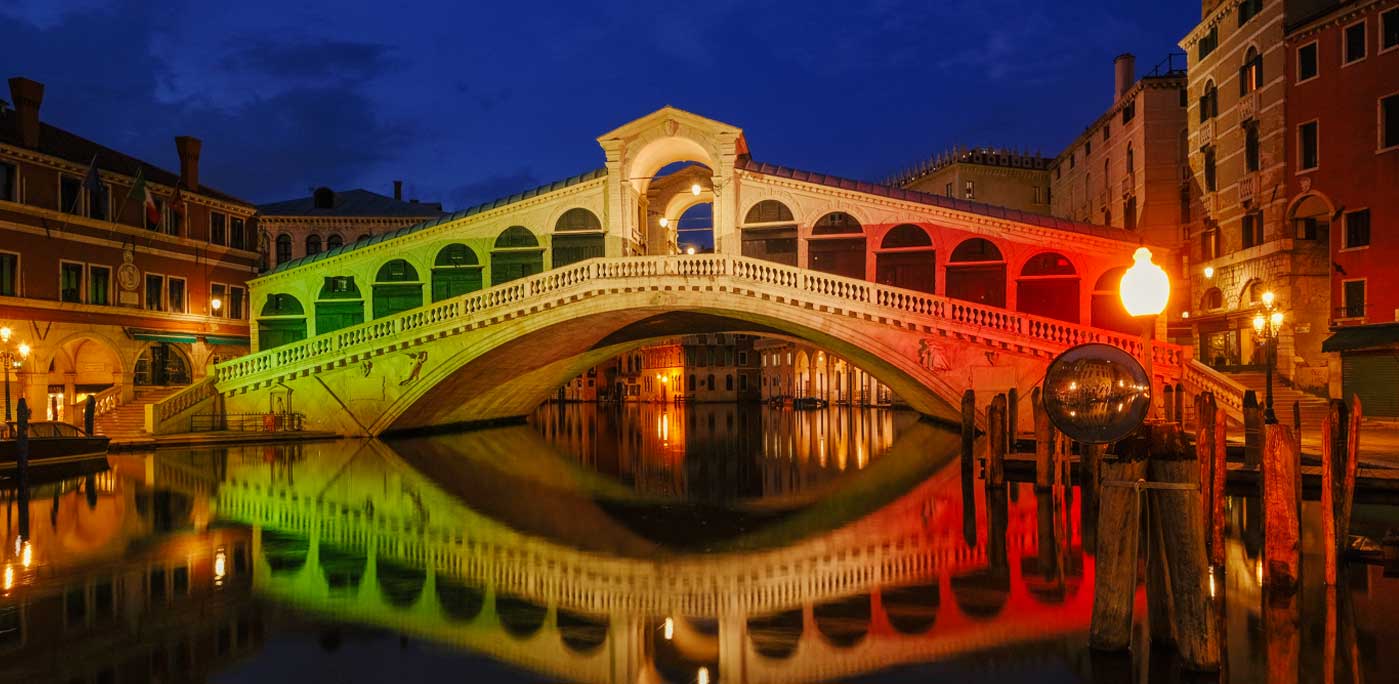First of all, happy Republic Day to everyone on behalf of L’Italo-Americano.
Here on the Pacific coast where the Italian peninsula is a place in our hearts as well as a dream, a wish, a memory, a journey, the anniversary does not seem like a simple date on the calendar. It is rather a unified moment of sharing, of participation in a feeling that brings us closer and closer together, despite the distance, with the Belpaese. An opportunity to go home virtually, to show off a bit of healthy patriotic pride, or even just think back on your family ties. It is often beneficial to broaden your horizons, to set aside daily life and feel part of something bigger.
In this space of reflection and dialogue with you, dear readers, we have chosen to leave in the background the moments of this anniversary that seem folkloristic, which in fact are highly symbolic. The laurel wreath that sits every year at the Altare della Patria (Altar of the Homeland) in honor of the Unknown Soldier and all those who have lost their lives for their country, the scenic parade along the Imperial Forums of the armed forces who are dedicated to security both within and without the national borders, Rome waiting with its nose turned up to the passage of the Frecce Tricolori (Tricolor Arrows), the planes of the aerobatic patrol team that fill the skies of the capital with the colors of the Flag, or the afternoon opening of the gardens of the Quirinal, tell the story of a country that thinks back on its history.
These things are part of a ceremony that 71 years later not only celebrates the anniversary of the referendum of June 2, 1946, when Italians closed the page of the monarchy and of twenty years of fascism and belligerence, and began to write the history of the Italian Republic by voting for the members who would take part in the constituent Assembly that framed our Charter Constitution. It was also the first time in Italian history where the vote took place with universal suffrage, that is to say with the participation of women.
We want to bring a reflection into focus.
This holiday falls a few days after the 25th anniversary of the Capaci Massacre.
On May 23, 1992, anti-mafia judge Giovanni Falcone lost his life along with his wife and magistrate Francesca Morvillo and three State Police officers: Vito Schifani, Rocco Dicillo and Antonio Montinaro who were part of the escort that also included agents Paolo Capuzza, Angelo Corbo, Gaspare Cervello and chauffeur Giuseppe Costanza. A few miles from Palermo, with a remote control, 400 kilos of explosive mixture were exploded against them and against the state.
Less than two months later, on July 19, in Via d’Amelio in Palermo, there was a second terrorist-mafia-style assassination in which the magistrate Paolo Borsellino, a friend and close associate of Falcone, lost his life along with five escort agents : Agostino Catalano, Emanuela Loi, Vincenzo Li Muli, Walter Eddie Cosina and Claudio Traina. The only survivor was Agent Antonino Vullo, who awoke in critical condition in a hospital after 90 kilograms of remote-controlled tritium explosives were set off.
We do not want our discourse to be a simple reminder nor a tribute of rites. Nor do we even want to take the opportunity to contest a hateful stereotype that Italians and Italy are comparable with the Mafia. Instead, we want to tell you that in many Italian cities, for many years now, thousands of children and young people gather together to say no to the mafia, to teach the lesson of lawfulness that every school year brings to classrooms all over Italy which comes from the pain of the family members of the many victims of mafia, the knowledge of the “ugly” history of our country, a scrap of the car crushed by explosives to show the violence that happened, and the invitation to react, to denounce, not to close our eyes or mouth, but rather to develop a civil consciousness.
It is a good way to put into practice what Judge Falcone professed: “You can win without claiming heroism from ill-fated citizens but engaging all the best forces of society.”
And it is certainly not the case that the United Nations General Assembly, on June 19, decided to pay tribute to the anti-mafia magistrate, commemorating the anniversary with a meeting dedicated to the implementation of the Convention against Transnational Organized Crime, signed during The Palermo Conference in 2000.
As President of the Republic, Mattarella, said, “this international recognition would only be enough to emphasize once more that the figure of Giovanni Falcone is a point of reference, in Italy and abroad, for anyone who cultivates the value of legality and that of the civility of coexistence “.
Buona Festa della Repubblica. Happy June 2nd.































